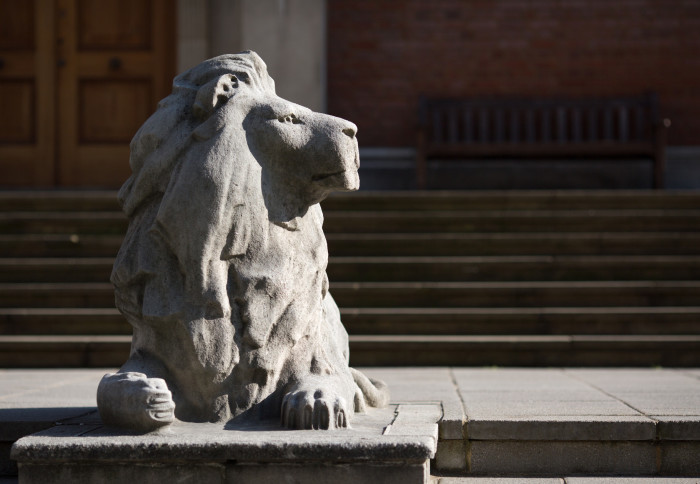Staff and students asked to help uncover Imperial's history

A group examining Imperial’s history and legacy have called on staff and students to share what they know about the College’s past.
The History Group, commissioned earlier this year by the President and Provost, is working to examine the history of the College through its links to the British Empire and will advise on ways the College can acknowledge and address its past in the context of its present day mission.
Our aim is to acknowledge and learn from the past so that we can move forward with pride Nilay Shah Chair of the History Group
It follows Imperial making a public pledge to tackling racial inequality and to taking active steps to address current and historic racial injustice.
The group’s main consultation will begin in the coming months, when the College and its wider communities, including alumni and partners, will be invited to share their views on the College’s history and its legacy.
Ahead of this, as well as conducting its own research, the group are asking current staff and students to share facts, knowledge and evidence to help get a fuller understanding of Imperial's history, especially the parts that might warrant thought and reflection.
This might include information about:
- The activities of College departments or historical figures associated with Imperial (e.g. past staff, alumni and donors) that relate to colonialism and empire.
- Ways that this history continues to be reflected at Imperial today – for example through plaques, artwork, artefacts and the names of chairs, studentships, medals or facilities.
- Significant positive contributions from Imperial’s community, in its past or present, that deserve greater recognition.
Professor Nilay Shah, who chairs the history group, said: “This work requires us to engage in a courageous exploration of our history, facing truths that we may find uncomfortable. We also want to unearth hidden contributions from Imperial figures that might otherwise remain overlooked, and ensure we give them the recognition they deserve. Our aim is to acknowledge and learn from the past so that we can move forward with pride, creating a truly inclusive College community for our future”
The Call for Evidence will run from Tuesdy 6 October to Friday 20 November. You can contribute via the History Group webpages.
Expert views
The History Group recently appointed two external advisors to help guide and shape their work.
Dr Caroline Bressey
Dr Caroline Bressey is a Reader in Cultural and Historical Geography at University College London. Her research interests are focused on historical and cultural geographies of the Black presence in Britain, particularly London, Victorian theories of race and anti-racism and the links between contemporary identity and the diverse histories of London.
Caroline graduated from the University of Cambridge with BA Honours in Geography. In 1998 she joined the UCL Geography department as postgraduate student and was awarded her PhD Forgotten Geographies: Historical Geographies of Black Women in Victorian and Edwardian London in 2003. Between 2003 and 2007 Caroline continued to research the Black Presence in Victorian Britain and the role of the anti-racist community as an ESRC postdoctoral student and research fellow. In 2007 she became a lecturer in human geography and founded the Equiano Centre to support research into the Black Presence in Britain. In 2009 she was awarded a Philip Leverhulme Prize for an outstanding contribution to geography.
Her first book, 'Empire, Race and the politics of Anti-Caste' (Bloomsbury Academic) won the Women's History Network Book Prize 2014 and the Colby Prize 2015.
Dr Erica Charters
Dr Erica Charters is Associate Professor of Global History and the History of Medicine at the University of Oxford, where she also coordinates the Oxford and Empire project.
Dr Charters’s research focuses on the history of disease and the history of empires. In particular, she has examined how war and disease intersect with state formation and state power, especially in colonial contexts.
Her current work focuses on manpower during the eighteenth century, examining the history of bodies as well as the history of methods used to measure and enhance bodies, labour, and population as a whole, including the history of statistics. Her work examines the history of tropical medicine, global health, and the development of quantitative methodologies in a range of disciplines.
Article text (excluding photos or graphics) © Imperial College London.
Photos and graphics subject to third party copyright used with permission or © Imperial College London.
Reporter
Deborah Evanson
Communications Division